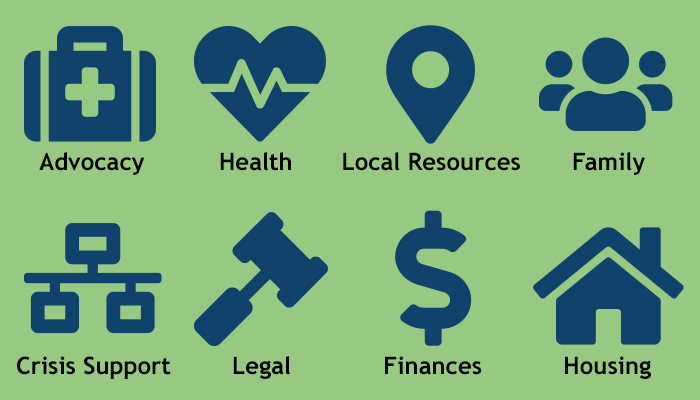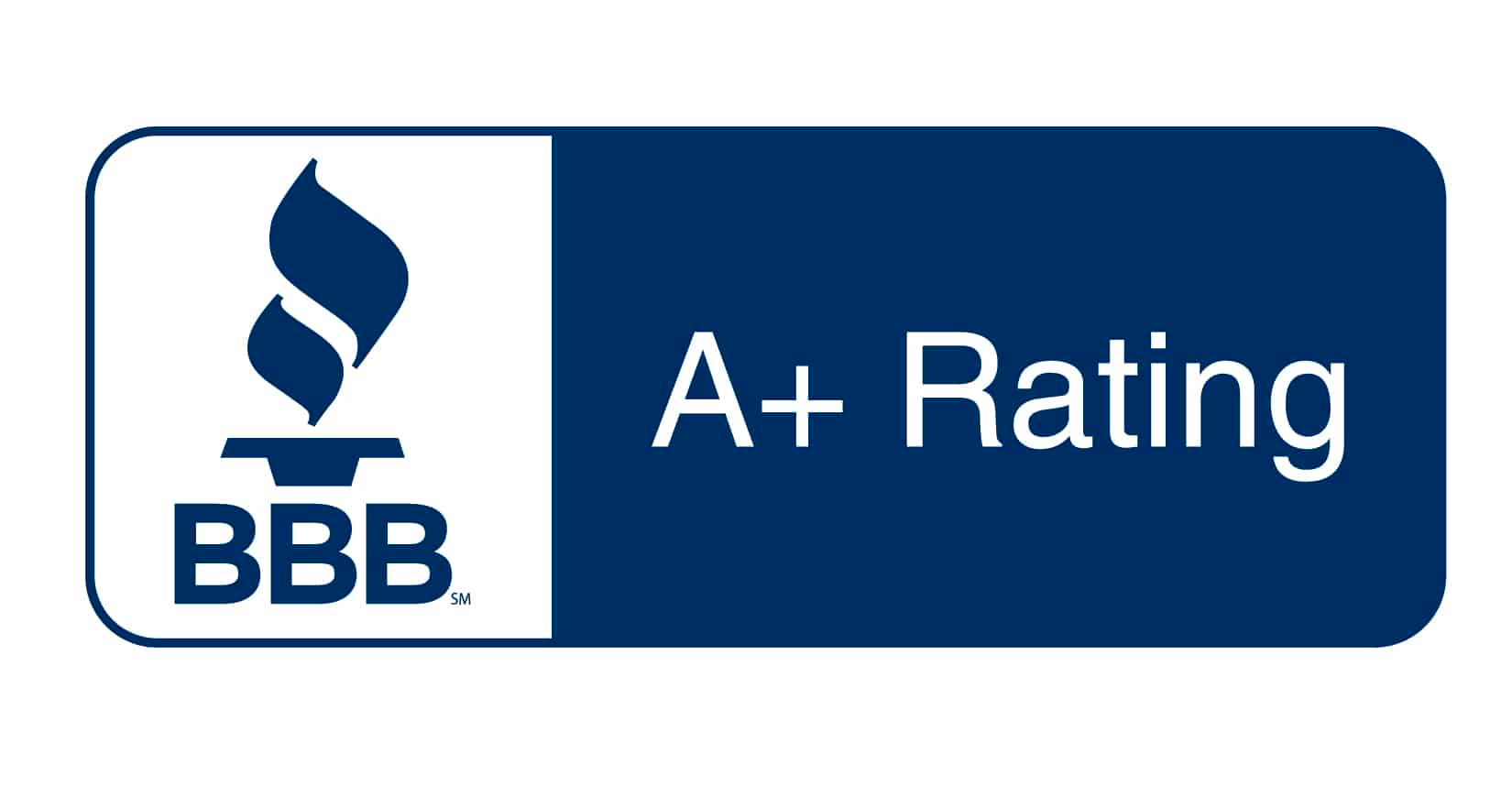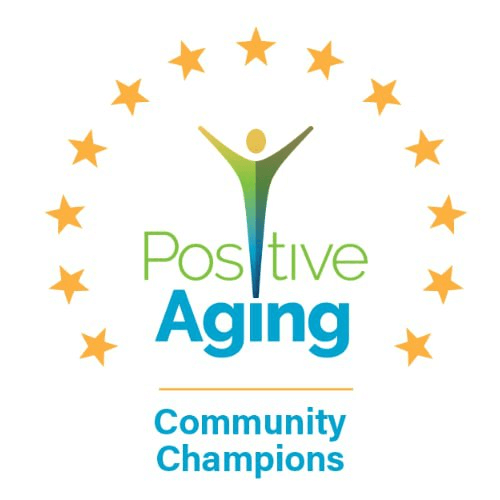Especially for older adults living alone, the ability to summon help in the event of an emergency—such as a fall—is a very real concern. With a cell phone in your purse or pocket, it’s easy to feel well set. Think again. The bathroom is where most falls occur. Do you take your cell phone in when you are using the toilet? Or taking a shower? And what if you hit your head and are unconscious? With a brain bleed, minutes count! But who wants to wear one of those telltale pendants? Fortunately, with the advent of smartwatches, there are stylish options that do not carry such stigma.
Decluttering: Why is it so hard?

Three out of five (61%) of adults over 60 feel they have more stuff than they need. And yet many of us find it emotionally painful to cull our belongings.
While the physical labor of “right-sizing” is daunting, perhaps more powerful—and surprising—is the emotional challenge.
Increasing concentration and focus

Do you find yourself more easily distracted these days? There is good reason: Concentration is about keeping what’s useful top of mind while at the same time suppressing thoughts that distract from your primary objective. As we age, the “executive” center of the brain becomes less able to sort out distractions. It’s a filtering process that requires heavy brainpower. Many people worry that lapses in concentration are an early sign of Alzheimer’s. Not necessarily. While memory and focus are related, they are not the same thing.
What is “concierge medicine?”

Are you tired of long waits to get an appointment? Rushed visits? Not being able to talk to your doctor by phone or communicate via email? You aren’t alone. Doctors dislike it too. But because most physicians today are employees of a large medical group, they are required to complete 30–40 patient visits per day. Appointments are set to last no more than 15 minutes. This is necessary to manage a typical patient load of 4,000.
Are enhanced “hearables” for you?

If you have trouble participating in conversation in a noisy room or tend to want the TV volume turned up, you might want to investigate a new category of device called an enhanced “hearable.” Up until now, there have been few options short of a hearing aid for people with only mild hearing loss. The best have been “personal sound amplification devices” that fit in the ear like a hearing aid. While reasonably affordable and easily purchased online, they have the disadvantage of amplifying all sounds, even the ones you don’t want to hear.
“I’m engaged! Why aren’t my kids happy for me?”

Are you enjoying a love you never thought you’d feel again? It’s hard to be happy, though, if your children rain on your romance. Are they being selfish? Not necessarily. An in-depth study of “adult stepfamilies” revealed how disruptive it is when a parent gets involved with a new partner later in life.
What’s in an Alzheimer’s test?

There is no single test that can determine if a person has Alzheimer’s disease. But a combination of several different tests can identify if memory and thinking problems are due to one of the many conditions that result in symptoms of dementia. By process of elimination, doctors can determine what may be the root cause of thinking problems. Some conditions are treatable. Others are not.
Aging with purpose: Defining your true north

Study after study reveals that older adults with a sense of purpose, a sense of meaning in their lives, enjoy greater well-being and live longer than those without a life focus. They also have better cognitive and physical health and suffer less from depression, suggesting that purpose is an important component of a healthy and satisfying elderhood.
Shopping tips for Medicare prescription insurance (Part D)

From October 15 to December 7 each year, Medicare enrollees have the option to change their insurance plans. For prescription drug coverage, which is only offered by private insurance companies, it pays to shop around. Even if you have been happy with your current plan, drug prices and premiums change from one year to the next. It’s a good idea to compare. There could be hundreds of dollars at stake.
When your children won’t talk to you

If your adult child has cut off contact, you are not alone. An estimated 11% of parents are estranged from their adult kids. That’s 1:8. But you wouldn’t know it to hear others talk.
There is such a stigma around the issue that estranged parents rarely talk about it with others. Instead, they tend to cover things over.
Planning to “retire” from driving

Did you know that we usually outlive our ability to drive safely by six to ten years? As we age, we naturally modify how we drive to address physical changes: Stiff joints, poor vision, slow reflexes. But a time will come when it’s simply unwise to continue behind the wheel.
Age-friendly exteriors

When imagining an age-friendly house, many people think of ramps for wheelchairs and walkers. Indeed, ramps are essential—if and when they are needed. There are, however, modifications for the outside of a home that simply make daily life and basic maintenance easier. They help prevent falls by addressing the common conditions of arthritis, poor eyesight,…
Splitting the pie fairly

If you have more than one child, deciding how to distribute your assets among them may prompt some angst: If and how should your will or trust reflect your understanding of their different needs? According to a Merrill Lynch study, two-thirds of parents over age 55 are open to the idea of unequal bequests. “Fair”…
Mild cognitive impairment (MCI) and what you can do

Mild cognitive impairment (MCI) is the medical name for memory problems that exceed the “normal forgetfulness of aging” but are less than associated with an Alzheimer’s diagnosis. If you have received a diagnosis of MCI, you are at risk for continued significant cognitive decline. Each year about 10–15% of persons with MCI receive an Alzheimer’s…
What is “elder law”?

Elder law focuses on the special rights, needs, and challenges that arise in the context of simply growing older and planning for possible care needs. Attorneys specializing in elder law take a holistic perspective. They acknowledge the interplay of health, family, disability, and housing, as well as emotional and financial issues. Consider a consultation for:…
How to pay for long-term care

Most people are surprised to learn that Medicare pays for only a limited amount of the daily care you are likely to need in your lifetime (about 14%).
Medicare covers only services delivered by medically trained professionals. That means you need to have savings or insurance and rely on a collection of local programs. Or family and friends who may be able to pitch in with labor or funds.
Choosing a home care provider

Allowing a stranger into your home can leave you feeling quite vulnerable. It’s important that you trust the individual and the company that does the background checks, verifies training, and puts together the schedule.
You also need to interview each company to find out pricing and minimum number of hours, and to see if they have independent quality ratings.
Choosing a long-term care facility

Choosing an assisted living community, a continuing care retirement community (CCRC), or a memory care facility is a big decision. You want to get unbiased recommendations for a good match from the start.
Assembling your support team

Your elder care support team will include friends and family, health care providers, and professional advisors. An Aging Life Care Manager can help you select wisely and coordinate these services effectively.
Paying for care at home

How you pay for care at home depends on whether the service is by medically trained staff or by nonmedical caregivers. Also, what you can mix and match in terms of community programs and help from friends and family.
Medicare pays only for care in the home that requires the skills of a nurse, nursing assistant, physical therapist, or other medically trained professionals.
Medical emergencies: Are you prepared?

Accidents by their very nature are unplanned. That doesn’t mean you need to be unprepared for a fall or a serious incident (e.g., a heart attack or stroke).
Those who are prepared and have a professional advocate, such as an Aging Life Care Manager, are more likely to get the care and the outcomes they desire. Plus, they can recuperate in a setting most in line with their personal needs and preferences.
What is an eldercare consultant?

Imagine your life as a movie. If you are the director, serves as your stage manager. He or she is a deeply knowledgeable guide (usually a nurse, social worker, or allied professional) who finds you high-quality help, arranges locations, and advises concerning needed services. s are part of a national organization with training requirements, codes…
Types of long-term care

In your elderhood, it may be that your best, most affordable option is a group care setting. Learn the difference between assisted living, memory care, skilled nursing (rehab), a nursing home, and a continuing care community (aka life plan community).
Home care

Support is available for those who wish to stay at home. However, one-on-one care is expensive. And it’s not always easy to find caregivers. Community services can sometimes be patched together.
To stay at home, it helps to have a knowledgeable person check in periodically who knows eligibility requirements and can supervise and coordinate all the players.







